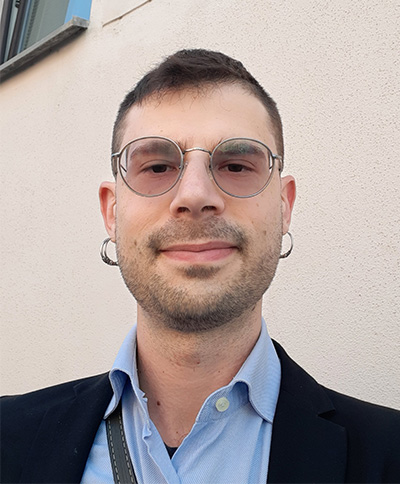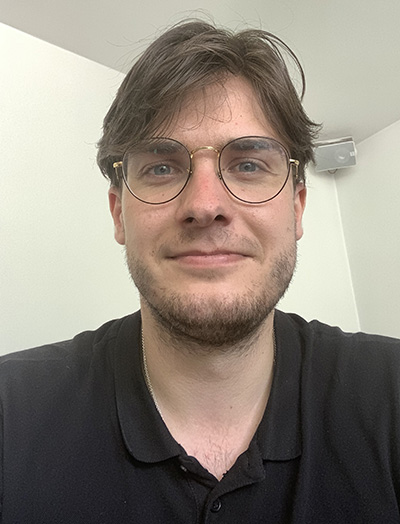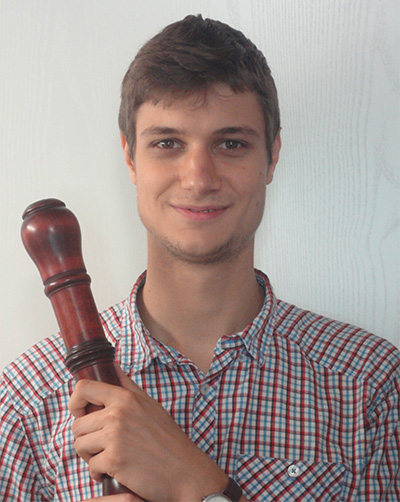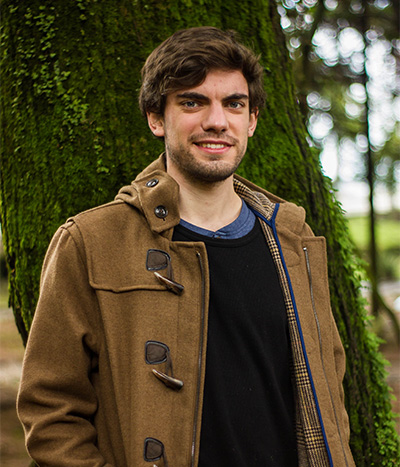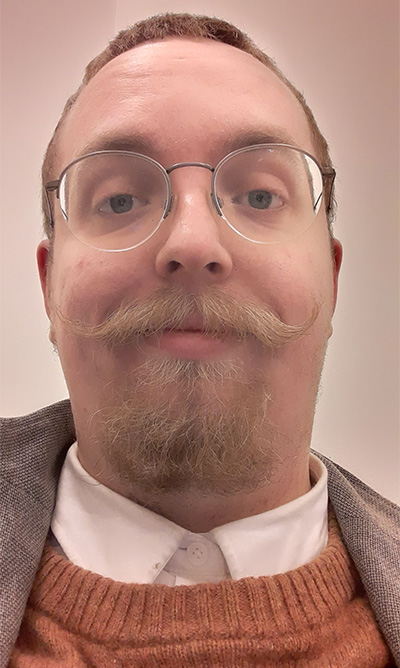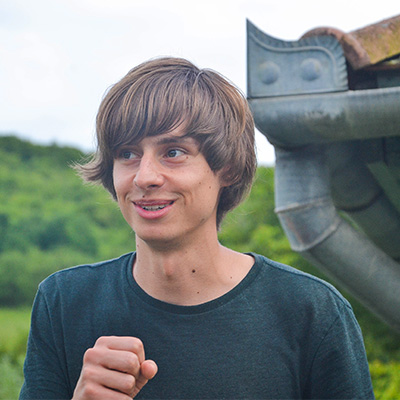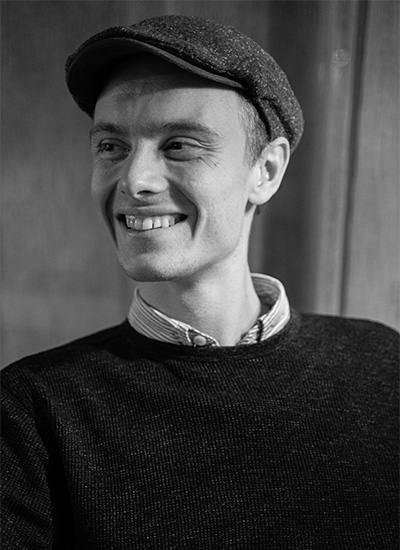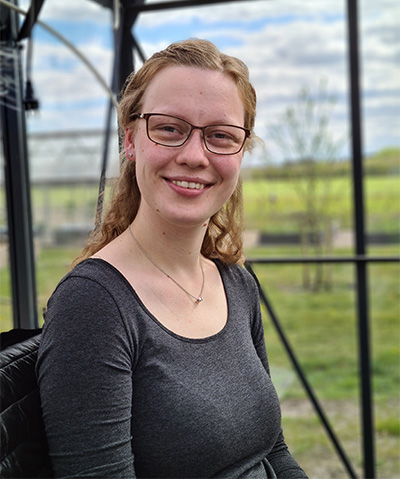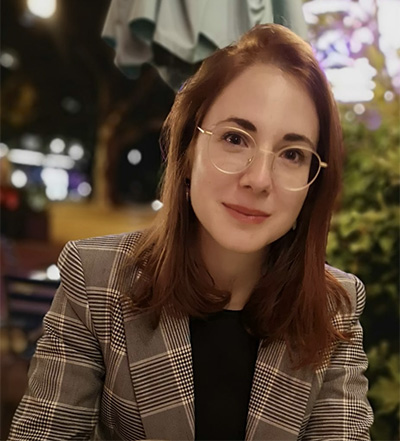An identity is not the individual “art project” of the ego. A person’s identity – and thus also my identity – is formed through relations. Being a person is not the dialectical becoming of a thinking substance surrounded by material substance, but rather being is both individual and one as consciousness unfolding in and through relations. Identity is found in mutual love, respect, empowerment and encouragement and is perverted through the lack of these. Apart from truth, goodness, beauty and love one cannot find one’s identity. We learn this through the mirror of trinitarian relations.
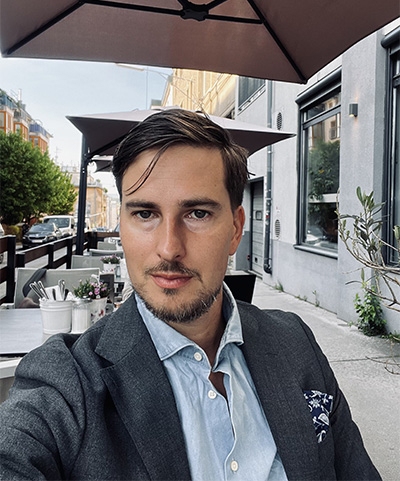
National identity is an abstraction of the common features of certain relations individuals appreciate. However, my concern with nationalism is that it is a rigid concept, which extrapolates a Freudian ego-project to a larger scale and neglects a certain fluidity and dynamic plurality of identity. The second issue I have with the concept is that the idea of pure self-determination or self- governance of a nation (and an individual for that matter) is an illusion of the ideal of Kantian autonomy and a problematic concept of freedom as simple freedom of choice. Not only is nationalism in tension with the trinitarian idea of personhood, but when fused with Christianity, it creates a community uncapable of communications, cooperation, mission and true relation of reciprocal love with anyone outside the group. It is the uncertainty of one’s identity and the fear of losing one’s self that fuels nationalism. Any talk of national virtue or a “nations’ sin” distorts the core Christian doctrines of original sin and the efficacy of Christ’s salvation for the whole creation. Through the example of the Lutheran Churches in Myanmar I have seen that these nationalist Churches have no future. I strongly believe this same applies to a community of people as a “nation”.
